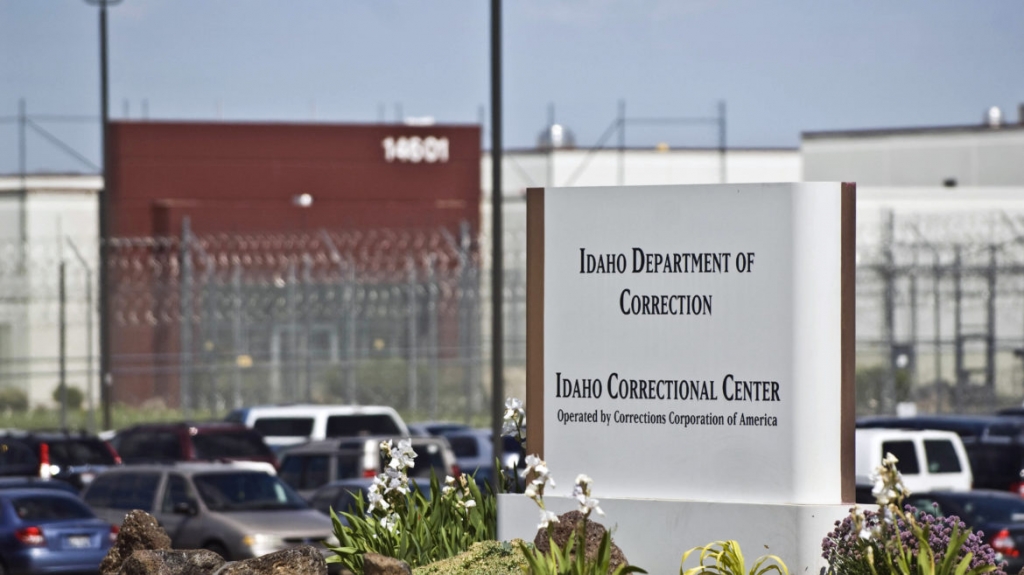-
Tips for becoming a good boxer - November 6, 2020
-
7 expert tips for making your hens night a memorable one - November 6, 2020
-
5 reasons to host your Christmas party on a cruise boat - November 6, 2020
-
What to do when you’re charged with a crime - November 6, 2020
-
Should you get one or multiple dogs? Here’s all you need to know - November 3, 2020
-
A Guide: How to Build Your Very Own Magic Mirror - February 14, 2019
-
Our Top Inspirational Baseball Stars - November 24, 2018
-
Five Tech Tools That Will Help You Turn Your Blog into a Business - November 24, 2018
-
How to Indulge on Vacation without Expanding Your Waist - November 9, 2018
-
5 Strategies for Businesses to Appeal to Today’s Increasingly Mobile-Crazed Customers - November 9, 2018
Obama administration to end use of private prisons
Deputy Attorney General Sally Yates said in a Thursday statement that she sent out a memo instructing officials to not renew contracts with prison operators or to diminish existing contracts.
Advertisement
The goal, according to Yates, is “reducing – and ultimately ending – our use of privately operated prisons”.
Last week, the Department of Justice released an inspector general’s report on private prisons that found for-profit detention centers to be substantially more unsafe for both the inmates and for the correctional officers, something it should have known all along.
Private prisons, Yates wrote, “served an important role during a hard time period” but ultimately proved to be sub-par to federally operated facilities.
The department says as each private prison contract reaches the end of its term, they will mostly not be renewed.
In recent years, however, a series of lawsuits illuminated the violent and harsh condition in private prisons in Mississippi, Texas, Idaho, and elsewhere. The cessation of private prisons by the Justice Department will likely see an uptick in costs, despite what Yates may be publicly stating at this time, but the “for-profit” prison industry has been under public scrutiny for many years. However, as of December 2015, the BOP was still operating at 20 percent over capacity, despite the federal prison population dropping in 2014 for the first time in three decades. President of Management and Training Corporation Scott Marquardt is disputing the federal report, saying that it’s unfair to compare federal prisons to private ones.
The decision was announced days after the Department of Justice’s inspector general released a damning investigation report.
“We have got to end the private prison racket in America as quickly as possible”. However, the federal prison population has declined from 220,000 in 2013 to 195,000 now. Currently, private prisons contract with the federal government to house roughly 12% of the federal inmate population, making this a major shift in federal policy. “The conclusion is wrong and is not supported by the work done by the (Office of the Inspector General)”. The report stated that the privately operated facilities incurred more safety and security incidents per-capita than their public counterparts, including higher rates of assault.
The federal government started to rely on private prisons in the late 1990s due to overcrowding.
Advertisement
BOP now uses private prisons “primarily to confine low security, criminal alien, adult males”, according to the inspector general’s office.




























